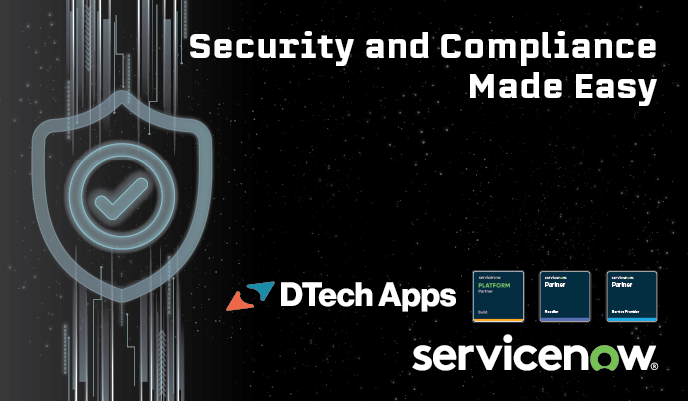The Future of the Energy Industry: Digital Transformation with Tasker
Like all industries in the 21st century, the energy industry is evolving rapidly due to changing global regulatory environments and unpredictable market conditions. Most crucial is the time-sensitive need for decarbonization (replacing high-carbon generation) in the next three decades with new and innovative technologies. This concerns the oil and gas, electric/power/utilities, and solar fields.
Changing demands are shifting priorities on all fronts— including operations, infrastructure, data analytics and reporting, workforce skill requirements, training, etc.—and requiring industry leaders to re-think strategies and processes for conducting business. Leading energy companies are accelerating their pace to reach net-zero emissions globally by 2050 by adapting, adopting, and integrating new technologies into their operations throughout every part of their organization.
Primary Challenges Facing Energy
Rapidly evolving energy demands have presented a plethora of challenges for engineers, managers, field personnel, customer service, and organizational leaders.
One of the primary challenges is increasing the accessibility and consistency of data analytics and insights. Data analytics and insights are the driving factors for efficiency across energy value chains. They provide information about critical infrastructure, asset performance and maintenance, outages, downtime, storage, field operations, etc. Energy companies generate massive amounts of data. However, this data is being recorded and reported using analog methods, email, and spreadsheets by disparate, siloed functional teams that often have different data management practices. This issue has been exacerbated by the rise in remote work, as well as the expansion of field locations to inaccessible and isolated areas like deep water or harsh land environments. Energy workers need to communicate data accurately and quickly across teams and departments from any device at anytime, anywhere.
Another challenge is being able to do more with less as the effective adoption of new digital technologies requires a significant shift in business strategies, mindset, governance, standards, workloads, and skill/talent requirements. Energy industry employees must multi-task as they identify gaps in knowledge and skills, reassess the priorities and needs of the business, and develop smart, flexible solutions at scale to keep up with ever-changing and increasing demands. Doing more with less—i.e. filling the gaps and getting everyone on the same page while still maintaining strong operations, reducing O&M costs, capitalizing assets, and maximizing investments—has become the new norm.
More pressing is the essential role all sectors of the energy industry play in making the world go round. Without electricity, oil and gas, solar, etc., every aspect of our lives, from the way we communicate to the way we feed ourselves, would derail. That is why unplanned downtime in the energy industry should be mitigated as much as possible. For example, oil and gas companies face approximately 27 days of unplanned downtime each year, equating to losses of $38 million to $88 million.
How Can Tasker Digitally Transform the Energy Industry?
Tasker is the industry’s most secure collaborative work management solution. Tasker provides users with quick, easy access to information and data via the efficient Tasker WorkUI™ available on desktop and mobile devices. Complex data and operations can be monitored, analyzed, and reported in real-time through dynamic and customizable dashboards. Tasks can be assigned and delegated, and vital documents can be shared and approved directly into Microsoft SharePoint with Tasker’s turnkey integration features. The intuitive TaskFlow™ Builder provides newfound flexibility when building tasks and projects, freeing energy companies from the rigid constraints of traditional workflows.
Tasker eliminates the silos of legacy tools and manual solutions and bridges the gaps between teams and departments. Tasker provides a constant flow of information and communication, mitigating the risk of downtime and ensuring transparency and visibility. This leads to improved business communications, faster response-time and decision-making, boosted productivity levels, and maximized production.
Built on the ServiceNow platform, Tasker was engineered to work with—as opposed to replacing—other systems, making integration seamless. Tasker maximizes your organization’s productivity, unlocks hidden potential, and delivers the fastest return-on-investment.
Check out our related blog post on Transforming the Way Work is Done with Mobile Apps
